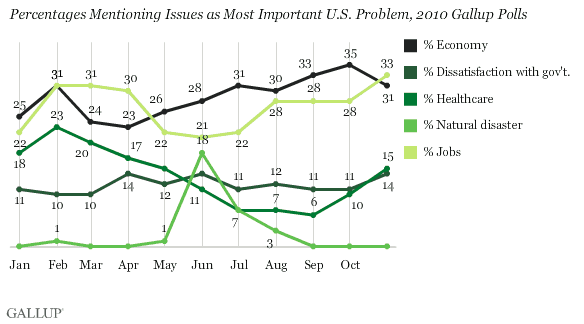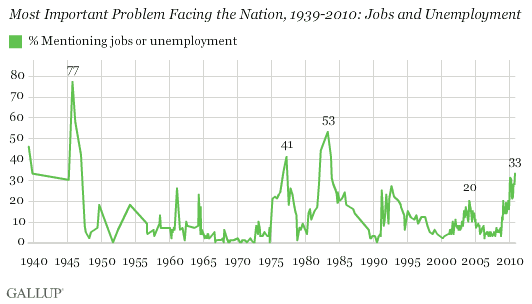This sent Republicans in AZ into a shit-fit when they actually redrew the districts fair.
I'd say it's done its job.
The Independent Redistricting Commission's mission is to redraw Arizonas congressional and legislative districts to reflect the results of the most recent census. The concept of one-person, one-vote dictates that districts should be roughly equal in population. Other factors to be considered are the federal Voting Rights Act, district shape, geographical features, respect for communities of interest and potential competitiveness. The state Constitution requires the commissioners two Republicans, two Democrats and an independent chairwoman to start from scratch rather than redraw existing districts. - See more at: http://azredistricting.org/#sthash.4htlW9jl.dpuf
Attorneys for the House and Senate contend a panel of three federal judges erred two months ago in declaring that the voters of Arizona had the right to take that power from lawmakers and instead give it to a five-member Independent Redistricting Commission.
I'd say it's done its job.



